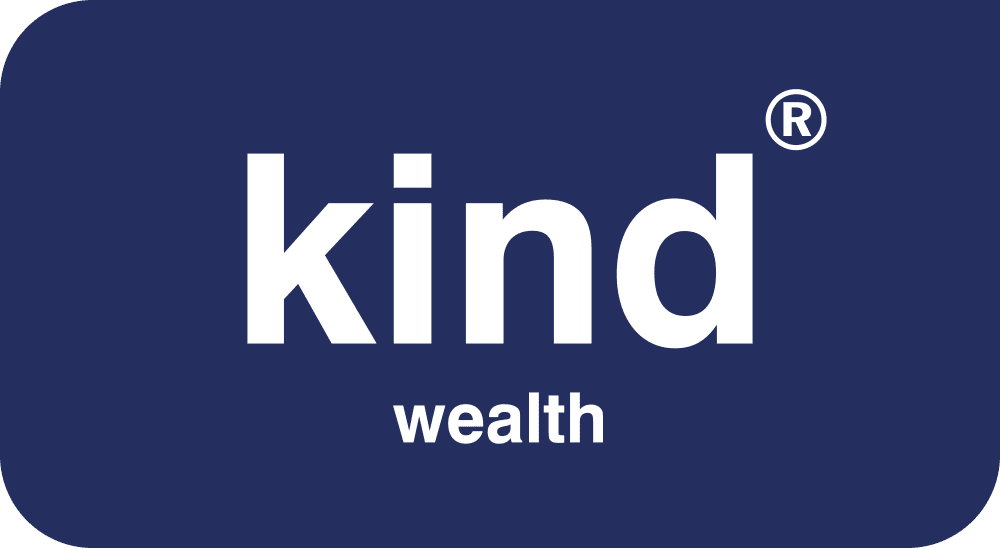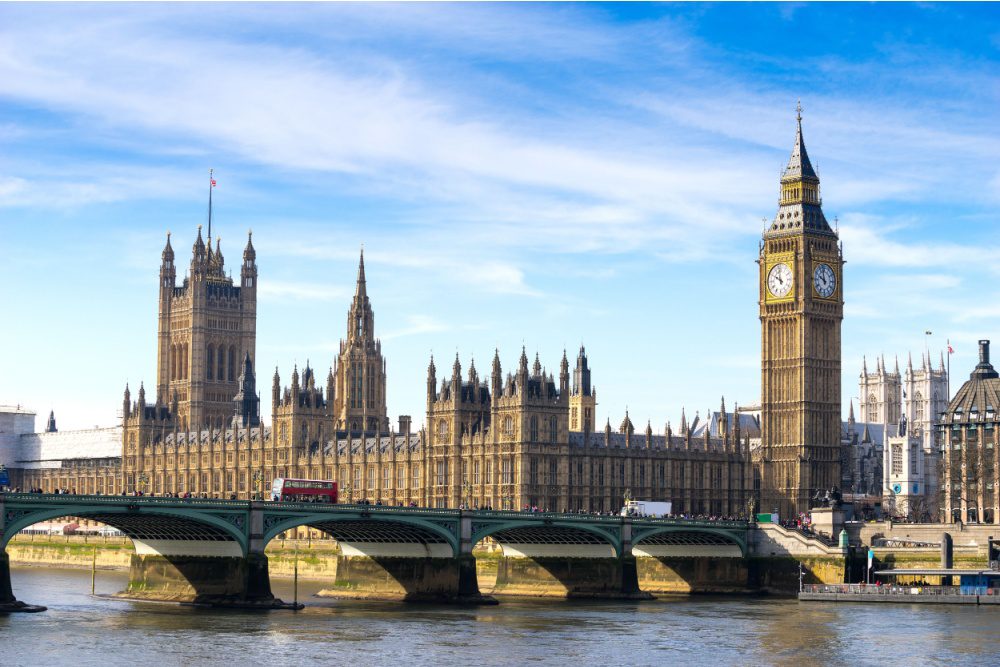Many markets rallied during December based on the expectation that interest rates will start to fall in 2024. Read on to discover what else may have affected your investment portfolio in the final month of 2023.
On 27 December, the MSCI World Stock Index, which comprises stock from nearly 3,000 companies to track global equity-market performance, was up 4.5% when compared to the start of the month. It was driven by expectations that interest rates will start to fall in early 2024.
The price of gold has also been affected by hopes that interest rates have peaked. In December, the price of gold reached a record high of $2,111.39 (£1,650.08) an ounce.
So, what else affected markets as 2023 drew to a close?
UK
Official figures from the UK paint a gloomy picture for the economy.
According to the Office for National Statistics (ONS), the economy unexpectedly shrank by 0.3% in October as both households and businesses faced pressure amid the cost of living crisis.
Chancellor Jeremy Hunt said it was “inevitable” that GDP would be subdued while interest rates are high to bring down inflation. He added that announcements made in the Autumn Statement in November mean the economy is now “well-placed to start growing again”.
However, revised figures for the third quarter of 2023 provided a further blow. Previously, the ONS said the UK posted no growth between July and September 2023, but an update reveals the economy shrank by 0.1%. Despite this, Hunt said the medium-term outlook is “far more optimistic” than GDP data suggests.
There was some positive news when it came to inflation. In the 12 months to November 2023, inflation was 3.9%, down from 4.6% in October.
Yet, the Bank of England’s (BoE) Monetary Policy Committee voted to hold interest rates at 5.25% rather than cut them. BoE governor Andrew Bailey said he was willing to do “what it takes” to bring inflation down to 2%.
While interest rates haven’t fallen yet, there are signs they could in the coming months.
The yield, or interest rate, on 2-, 10-, and 30-year UK bonds fell mid-month. Yields often fall when bond prices rise, which indicates that markets expect the BoE to start cutting borrowing costs in 2024.
Falling interest rates could provide some much-needed relief for both businesses and households that have been affected by the rising cost of borrowing. The government has also been affected.
According to the Treasury, public sector borrowing was higher than expected in November at £14.3 billion and the interest payable on central government debt hit £7.7 billion. While slightly lower than October’s figure of £8.1 billion, it’s the highest since records began in 1997 for a November.
Data indicated that businesses continue to face headwinds. The CBI reported that retail sales fell at a fast pace in the year to December, which is expected to continue into January, as consumers watched their spending.
Purchasing Managers’ Index (PMI) figures also found both the construction and manufacturing sectors are contracting. Dr John Glen, chief economist at the Chartered Institute of Procurement & Supply said the UK continued along a “fragile path” following news that manufacturing export orders fell for the 22nd consecutive month.
The FTSE 100 started the month with a 0.9% rise to 7520 points on 1 December. Mining stocks were leading risers, and homebuilders also benefited from a boost on the news that house prices could start rising again in 2024.
However, there’s no clear consensus about property prices. Indeed, Halifax predicts property prices could fall by up to 4% next year.
Europe
Data indicates that many European countries are in a similar position to the UK.
In the 12 months to November 2023, inflation across the eurozone fell to 2.4% – in the 12 months to November 2022, it was 10.1%.
However, the European Central Bank (ECB) opted to hold interest rates. The ECB’s Governing Council said: “While inflation has dropped in recent months, it is likely to pick up again temporarily in the near term.”
Nonetheless, anticipation of an interest rate cut in early 2024 led to stock markets in France and Germany rallying. France’s CAC-40 climbed as much as 0.4% to set a new record on 12 December, while Germany’s Dax also reached a new high.
PMI data for the eurozone show business activity fell sharply in December. Output fell at the fastest pace in 11 years if the early 2020 pandemic months are excluded.
As Europe’s largest economy, Germany is often used as an indicator for the area. The Ifo Institute measure of German business morale worsened in December – companies were less happy about current economic conditions and pessimistic about the future. Energy-intensive industries were found to be particularly gloomy.
US
US inflation fell to 3.1% in the 12 months to November 2023. Treasury secretary Janet Yellen said inflation is coming down “meaningfully” and she believes the current path will lead to inflation gradually declining to the Federal Reserve’s 2% target.
Employment figures suggest businesses are optimistic about the future. Federal Reserve data shows 199,000 jobs were added in November to indicate a strong labour market.
However, other figures paint a different picture. According to the Census Bureau, US factory orders fell by 3.6% month-on-month in October. In addition, a PMI reading suggests that the manufacturing sector is contracting.
Asia
Credit ratings agency Moody’s cut China’s credit outlook from “stable” to “negative”. The agency said it was due to concerns about rising debt and economic growth slowing. While the country’s credit rating remained the same at A1, the fifth highest rating, lowering the outlook suggests Moody’s could cut it in the future.
While many other developed countries are battling inflation, China has the opposite problem. Its inflation index fell 0.5% in November, showing prices are declining. Deflation could indicate that demand is low and may negatively affect businesses.
Please note:
This blog is for general information only and does not constitute advice. The information is aimed at retail clients only.
The value of your investment can go down as well as up and you may not get back the full amount you invested. Past performance is not a reliable indicator of future performance.
Approver Quilter Financial Services Limited & Quilter Mortgage Planning Limited. 17/01/2024



